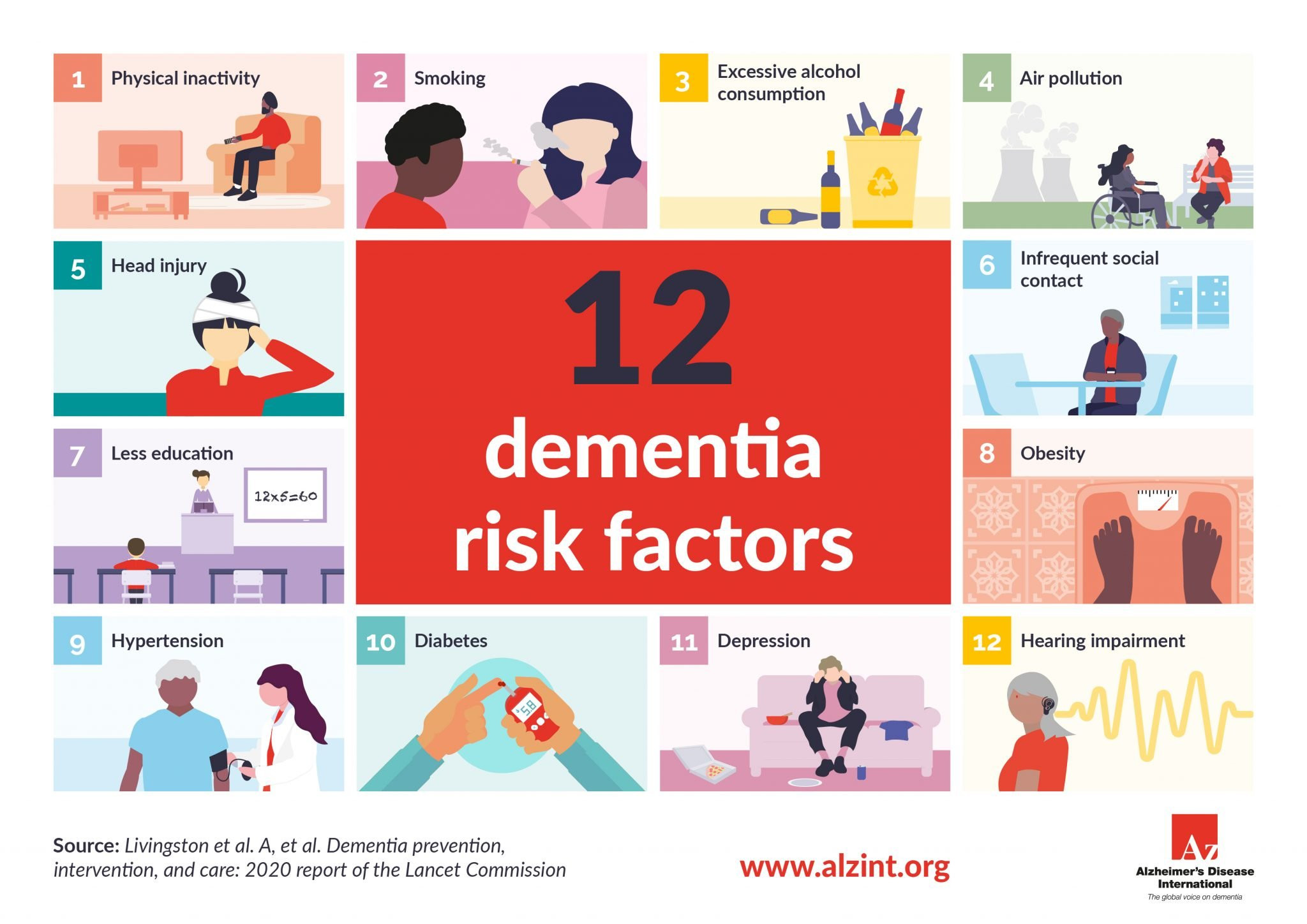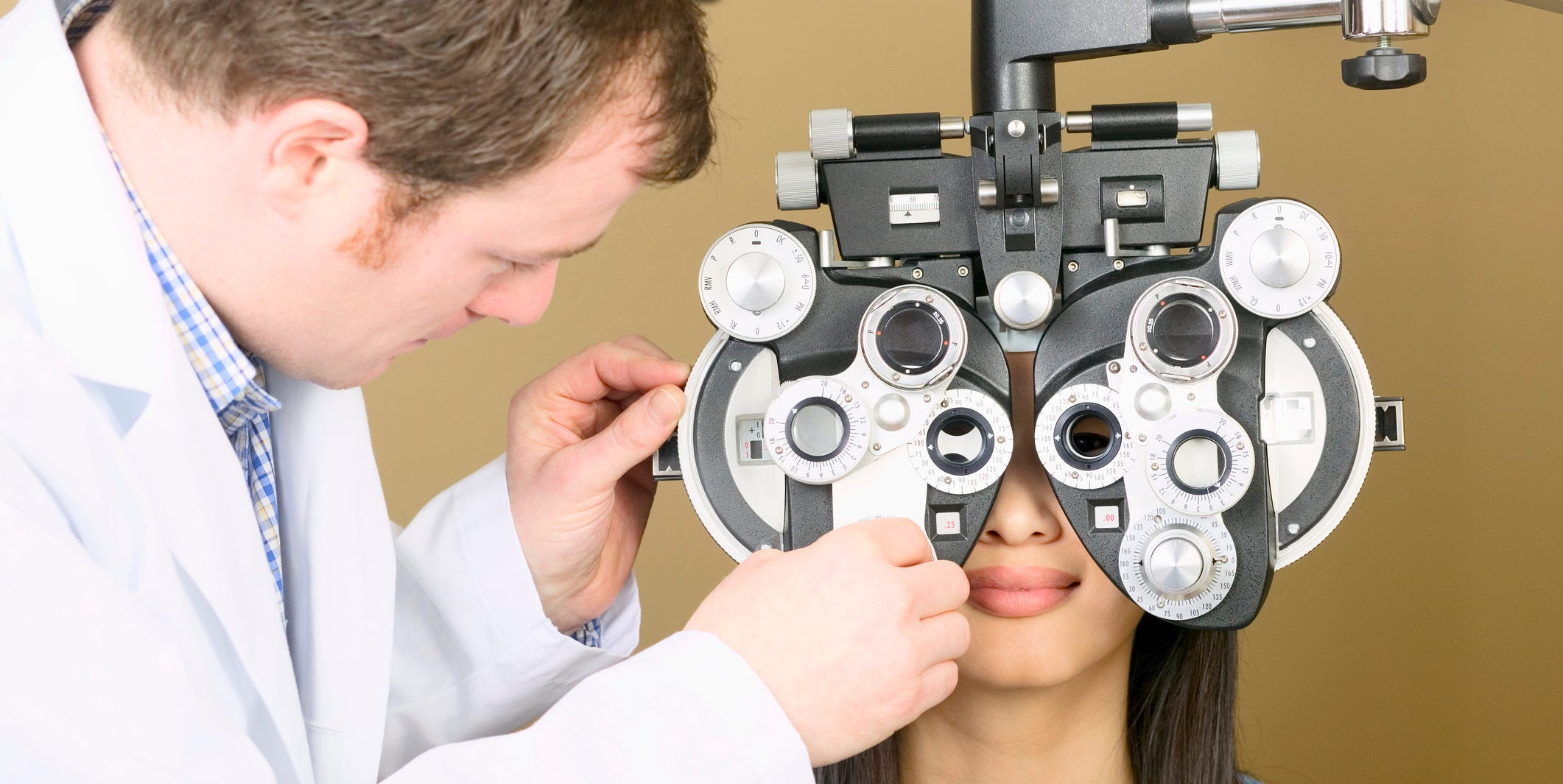The commission reports these conclusions in The Lancet.
The Lancet Commission in 2020 established 12 of the risk factors that are linked to 40% of all dementia cases. These are:
Understanding Dementia
Dementia is an umbrella-term for several neurodegenerative conditions characterized by symptoms affecting memory, communication, and thinking. Although the likelihood of having dementia increases with age, it is not a normal part of aging.
Types of Dementia
Types of dementia include:
The current report notes that given a rapidly aging global population, the number of people with dementia is expected to almost triple by 2050, rising from 57 million in 2019 to 153 million.
In lower-income countries, longer life expectancy is causing a surge in dementia, and the economic impact of dementia around the world is estimated to be more than $1 trillion a year.
Andrew Sommerlad, BMBS, PhD, one of the Lancet Commission report’s authors and an associate professor at University College London’s division of Psychiatry and Consultant Old Age Psychiatrist in Islington Memory Service, told Medical News Today that a broad, organized approach by governments around the world would be necessary to combat the expected surge in dementia in the next several decades.
“Many of the known risk factors for dementia can be influenced by health and government policy and this is likely to be the most effective way to support people to make lifestyle changes which they would not otherwise be able to do themselves,” Sommerlad said.
He went on to offer “provision of socially integrated housing, activities and volunteering opportunities in old age“ as examples of beneficial interventions promoted through health policies.
The Importance of Social Connection
David Merrill, MD, PhD, a board-certified geriatric psychiatrist and director of the Pacific Neuroscience Institute’s Pacific Brain Health Center in Santa Monica, CA, who was not involved in the study, also told MNT that these risk factors for dementia must addressed by public health officials as a matter of priority.
“Keeping modifiable risk-factors for dementia front and center in the discussion of achieving healthy brain development and subsequent aging informs governmental public health initiatives across the lifespan,” Merrill said.
“Taking a stance that improved health across the lifespan leads to higher vitality with aging is one way to get dementia risk reduction taken seriously,” he added.
The United States Surgeon General, Vivek H. Murthy, has described the current situation in the States as an “epidemic of loneliness,” exacerbated by social media and technology.
Murthy linked social isolation to health issues like substance abuse and obesity.
Similarly, Merrill described social isolation as “the new smoking.” He noted that:
“Everything, from longevity to healthy brain aging, has been tied to the richness of our social connections. Psychiatry, as a field, has practiced using a biopsychosocial model of care for decades, [and] it’s good to see neurologists following our lead in recognizing the importance of social activities in healthy brain aging.”
Sommerlad also emphasized that frequent social contact is essential to reducing the risk of dementia.
“There is consistent evidence that having more frequent social contact with others and lower levels of loneliness are linked to lower dementia risk,“ he told us.
“This is likely to be because social contact in any form is an effective way of exercising our brains to build cognitive reserve, or resilience, against dementia pathology,“ Sommerlad explained.
Furthermore, “[s]ocial contact may also promote healthy behaviors, such as exercise and diet, and reduce stress,” he suggested.
The Impact of Alcohol Consumption
There are some reports that younger generations, at least in the U.S., are drinking less than their older cohort. But there is also a growing body of evidence that any consumption of alcohol is an increased risk of developing dementia, among other health complications.
“The evidence is building that drinking any amount of alcohol is damaging for dementia risk and general health so reduction over time in the proportion of people drinking or engaging in other risky health behaviors is positive,” Sommerlad told us.
“We also know that some risks have increased over time — for example, obesity levels — so we have to monitor trends and respond to these,” he added.
Merrill echoed this sentiment about alcohol use, pointing out that there are several types of drinking that can result in the same damage to the brain.
“Heavy alcohol use is one modifiable risk factor for dementia. This can be heavy daily use or also periodic episodes of binge drinking. Both are detrimental to the health of the brain with aging,” he said.
“It’s now increasingly accepted that there is no ‘healthy’ amount of alcohol intake for the brain or body, so one would imagine that the trajectory of dementia would improve with less alcohol use,” Merrill advised.
New Findings: Vision Loss and High Cholesterol
The 2024 Lancet Commission on dementia lists 14 risk factors for dementia, many of which can be influenced by lifestyle changes. Among them, untreated vision loss and high cholesterol stand out as new targets for preventative treatment alongside well-known health threats such as head injuries, smoking, excessive alcohol consumption and air pollution.
Hearing loss had previously been listed as a risk factor, as losing that sense decreases brain stimulation. The same thing happens when you lose your sight — when you can't see, it's hard for you to interpret and interact with the world.
One meta-analysis cited by the Lancet team found cataracts and retina damage caused by diabetes had the strongest associations with dementia.
Another study found that treating cataracts may decrease the risk of dementia. While people with cataracts had an increased risk of dementia, those with treated cataracts had no greater risk than people with healthy lenses.
Though the idea of cataract surgery can be unnerving to some, Dr. Peter Kertes, ophthalmologist-in-chief at the Kensington Eye Institute and professor and chair of the University of Toronto's ophthalmology department, said that there are options available to make the process accessible even to those currently experiencing dementia.
“We find not infrequently that patients who are cognitively impaired who have significant cataracts,” he said. “After their cataract surgery, their cognitive impairment improves considerably and their life improves considerably.”
Several of the risk factors identified in the report were age-specific. While treating vision loss in late life decreased risk of dementia, mid-life was identified as a key time for treating and moderating cholesterol levels.
Cholesterol is a wax-like steroid that is present in blood. It has many essential functions, including building other steroids and vitamin D.
Lipoproteins carry cholesterol through the body, and one form — known as low-density lipoproteins (LDL) — can stick to the walls of blood vessels, sometimes creating blockages.
High levels of LDL cholesterol — otherwise known as the “bad” cholesterol — are primarily caused by consuming foods containing high levels of saturated fats.
Excess cholesterol in the brain is associated with an increased risk of stroke, as well as buildup of harmful proteins associated with dementia.
Many risk factors for dementia, including cholesterol levels, interact with each other, said Livingston.
“The person who is less physically active is more likely to have high blood pressure and more likely to be overweight and more likely to have diabetes, so they cluster together,” she said.
Maintaining Cognitive Health
When it comes to staying mentally sharp, it's important to keep your brain active by participating in activities that challenge your brain's memory, attention and decision making.
Dr. Anthony Levinson, the John Evans chair in health sciences educational research at McMaster University, said that people are generally aware of the importance of staying cognitively active.
“There are people who do try to stay engaged, or they're doing puzzles more, or they're learning a new language,” he said.
Other activities that boost and maintain brain function include reading, writing, playing musical instruments and participating in conversations.
The Lancet team noted that dementia prevention starts as early as childhood education.
However, new evidence has shown that midlife cognitive activity, even in people who received little education, can be preventative as well.
While cognitively stimulating hobbies can help with dementia reduction, the best thing you can do is have a job that is mentally challenging because you spend more time at your job than doing hobbies, the Lancet report found.
The report found that high cognitive stimulation increases your “cognitive reserve” — the ability to continue functioning normally despite unseen changes in your brain.
A Call for Change
Decreasing the risk of dementia starts with changing people's perception of late-life cognitive decline, said Levinson.
“People have misconceptions that if you live long enough, everybody's going to get dementia,” he said. “Those are not true.”
About one in four seniors aged 85 or older have been diagnosed with dementia, according to the Canadian Institute for Health Information.
Not every dementia prevention technique requires a significant lifestyle change. While some changes, such as diet and exercise, can be more difficult to make, actions as simple as getting your hearing checked make a difference, said Levinson.
Dr. Samir Sinha, director of geriatrics at Mount Sinai and the University Health Network Hospitals in Toronto, said systemic changes in public health are also needed.
Primary care providers are key to managing a healthy lifestyle. Yet one in five Canadians don't have access to regular primary care providers, such as a family doctor or nurse practitioner.
“We need to make sure that every Canadian has access to a primary care provider, that we have the right mix of specialists, including geriatricians, to really help manage the care of older people, and also to prevent things like dementia as well,” said Sinha.
A Collective Effort
The Lancet Commission’s report highlights the importance of taking a holistic approach to dementia prevention, encompassing both individual lifestyle changes and broader societal initiatives. By addressing these risk factors early and fostering a supportive environment for brain health, we can significantly reduce the burden of this debilitating disease.
This is not simply about preventing dementia; it’s about promoting healthier, more fulfilling lives for individuals and communities worldwide.


















